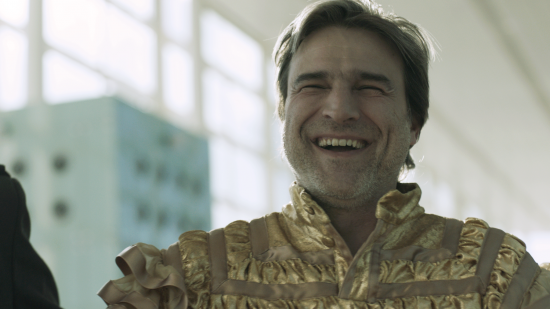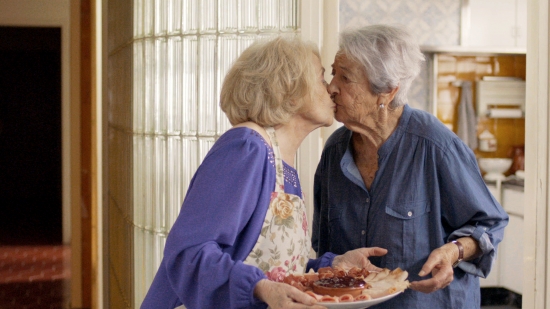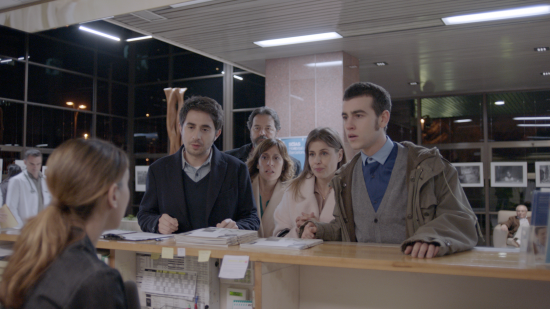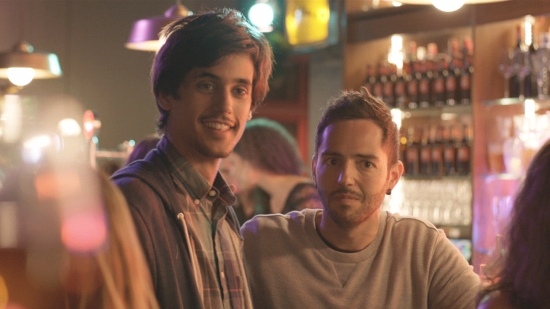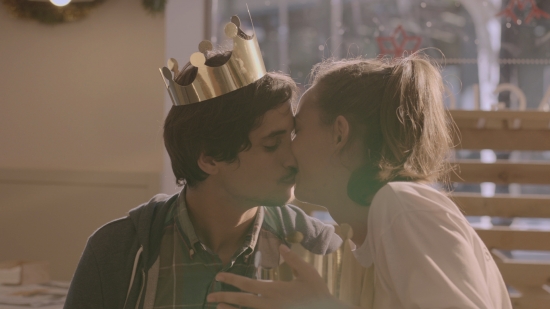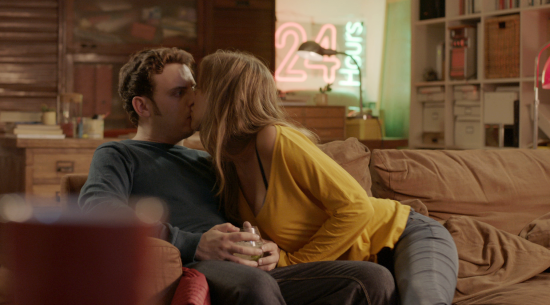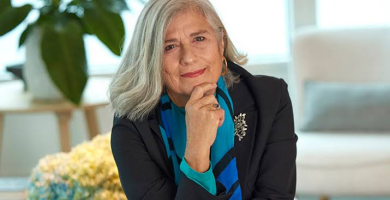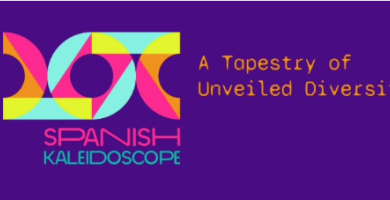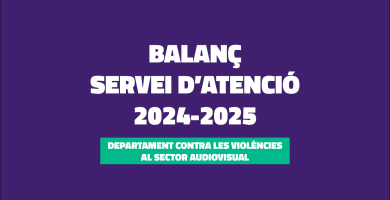
Dani de la Orden: "Shooting a film is meaningless if you cannot find the perfect story"
Dani de la Orden is a film director, graduated from the ESCAC Escola de Cinema & Audiovisuals de Catalunya. Barcelona, nit d'hivern, his new film is now in cinemas.

Dani de la Orden has directed several short films, among them Luciano (selected at several festivals) and Nadador (preselected at VI Premis Gaudí). Barcelona, nit d'estiu (nominated for Best Film at the Premis Gaudí) was his debut and has become a big success in Catalonia. He also develops an interesting career in the videoclip field (David Bisbal, Joan Dausà, Els Amics de les Arts...) and in advertising, where he has worked with companies such as Damm, McDonalds, BBVA, Inditex, Oxfam... His last film, Barcelona, nit d’hivern has been released in cinemas this December and it also has been a great success. His goal in filming? Telling universal and exciting stories.
- Why did you choose Barcelona to shoot these two films?
I wanted the film to be close, that people could feel in a very close way. It was also obviously an issue for low cost filming; I could not go outside Barcelona. It is my city and I love living here. In this sense I was quite realistic, shooting in Barcelona was a necessity and I had to be here. But we are really lucky because Barcelona is beautiful! It is open internationally and it has many facilities, many beautiful places, which are perfect for a director. I myself know all these areas, this is a plus!
- What makes Barcelona so special?
Many things! Barcelona is a great city, nice and close. It is a city which has very beautiful streets. It offers very intimate walks, such as the Born. And it offers both a very big contrast. It is an elegant city, but also a very young one. It has everything: sea and mountains. It is varied, obviously Barcelona is not New York... but it offers many stories to tell.
- What image of the city do you want to show in the films?
Well, I have always wanted to give a positive image, bright and magical. A city where all your dreams can come true. In this case, I do not care a real picture of the situation, but an idealized one. That it happens in romantic comedies, right?
But I also wanted to show a nearby town. The city that everybody knows. I wanted to show a modern cosmopolitan city offering more possibilities, apart from entertainment and celebration. And always avoiding a social portrait of the city, I wanted to avoid the touristic image of Barcelona.
It is true that this aspect appears in the background of the film, but it is not the main. I only portray the city, I wanted to show how the people of Barcelona live. For example, I shot in Plaza Sant Felip Neri. It is a central square but it is situated on a point not just passing by. A lot of people don’t know about this square, but it's one of my favourites. The same applies to the narrow streets of El Born, Raval...
- Which are your upcoming projects?
For this coming year we release the comedy El Pregón, with Andreu Buenafuente and Berto Romero. And now I am looking for new stories. Meanwhile, I like to shoot advertising, until I find the perfect story for the next film, which should be always a story that excites me a lot and that feels really mine. If not, shooting makes no sense.
- What do you think about the projection of Barcelona as a film set?
Every time I see the poster and the fences of a shooting, with the message "sorry for the inconvenience, we are now filming" I'm very glad. Shooting generates economy for a city. Indeed, in every shoot you must hire technical professionals from that place. For example, this happened in the film The Gunman. There were a lot of people from Barcelona working for this movie.
- As a filmmaker, what do you think about the work of a Film Commission?
The work of a Film Commission is essential because it is the only link we have with the administration, the Film Commission is an indispensable interlocutor. They are also committed to the film, they really believe in the film. They play an essential role in the production of the film and hopefully they could involve further.
Moreover, another important fact of the Film Commission is that they provide a very good file-level location repository, where you can choose where to shoot. They already have a wide range of locations for filming, not only the typical ones. They enable us to find the exact space we are looking for. This is a great help.
- In Barcelona, nit d'hivern, your last film, what was the moment you worked closely with the Barcelona Film Commission?
Undoubtedly, when we shot the scene that happens during the parade! It was a scene that required a lot of work and it was very intense!




